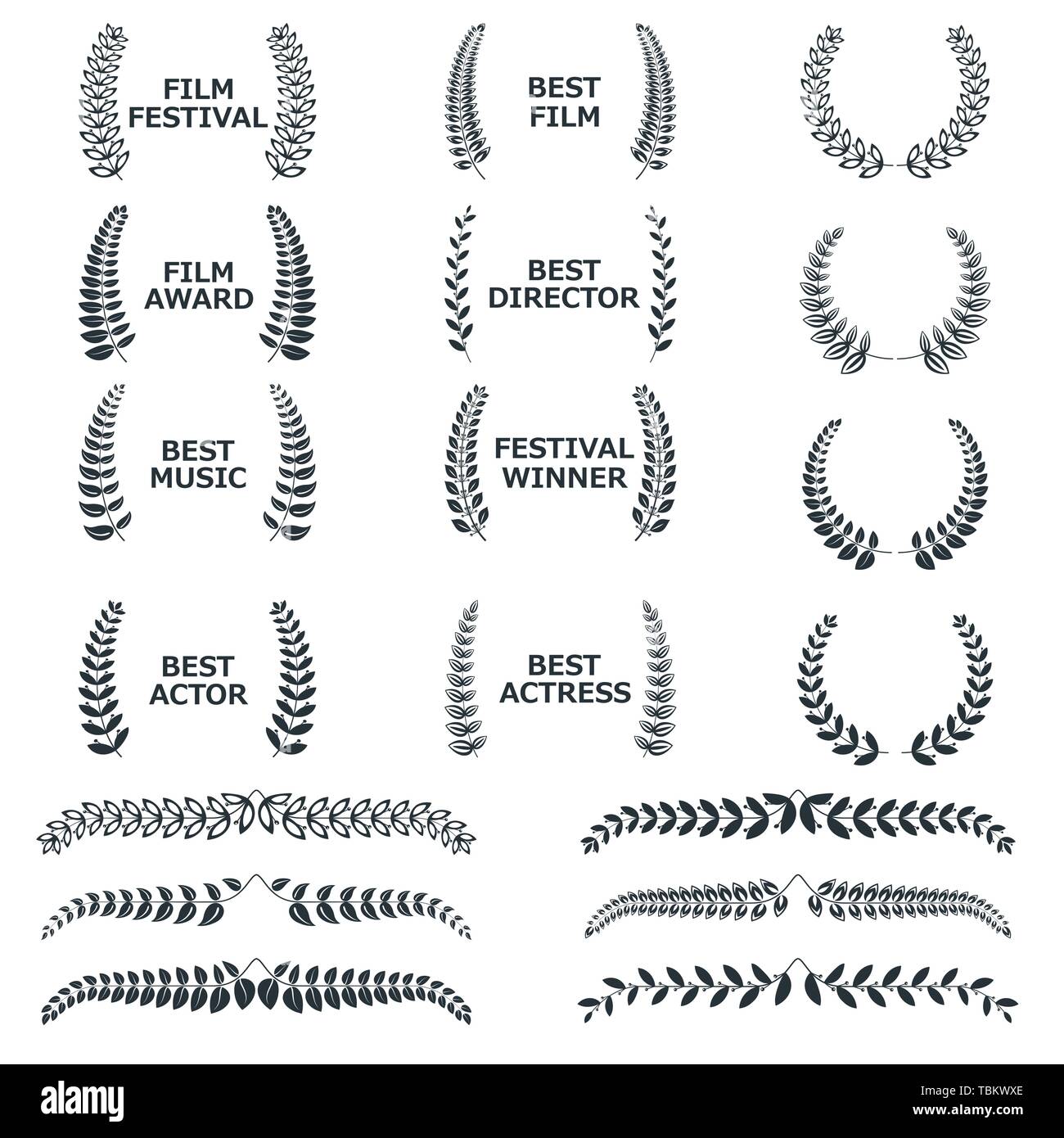When it comes to the world of cinema, the Academy Award for Best Director stands as one of the most prestigious honors a filmmaker can receive. This award is more than just a recognition; it's a celebration of the creative brilliance that shapes our favorite movies. From the first award back in 1929 to today's glitzy ceremonies, the Best Director Oscar has always been a testament to the power of storytelling through the lens of a director.
Think about it—directors are like the conductors of an orchestra, orchestrating every aspect of a film from the performances to the visuals. The Academy Award for Best Director highlights those who have masterfully brought their visions to life, leaving a lasting impression on audiences worldwide. It's the cherry on top for directors who have poured their hearts and souls into their craft.
But what exactly does it take to win this coveted award? Is it all about the technical wizardry, or is it the emotional resonance that a director brings to the screen? In this article, we’ll dive deep into the world of the Academy Award for Best Director, exploring its history, significance, and the legends who have taken home the golden statuette.
- What Really Happened To Bob Saget Uncovering The Truth Behind The Late Comedians Legacy
- Cruz Beckham Girlfriend The Story Behind The Headlines
Table of Contents
- The History of the Academy Award for Best Director
- Why the Best Director Oscar Matters
- Notable Winners and Their Masterpieces
- Biography of Some Iconic Directors
- Judging Criteria: What the Academy Looks For
- Controversies Surrounding the Award
- The Future of the Best Director Oscar
- Key Statistics and Fun Facts
- The Impact on Filmmaking
- Final Thoughts and Takeaways
The History of the Academy Award for Best Director
Let’s rewind the clock back to 1929, when the very first Academy Awards ceremony took place. The Best Director category was introduced right from the start, acknowledging the pivotal role directors play in filmmaking. Back then, the ceremony was a much smaller affair compared to the glitz and glamour we see today.
Interestingly, the early years saw two awards given out—one for Dramatic Picture and one for Comedic Picture. This distinction was eventually dropped, streamlining the category into what we know now. Over the decades, the award has evolved, reflecting the changing landscape of cinema and the increasing complexity of storytelling.
The history of the Academy Award for Best Director is filled with milestones and firsts. From the first female winner to the recognition of groundbreaking directors from diverse backgrounds, the award has consistently pushed boundaries and celebrated innovation in filmmaking.
- Haley Whitters Rising Star Shaping The Country Music Scene
- Aquarius And Taurus Compatibility A Match Made In The Stars Or A Cosmic Challenge
The Early Years: Setting the Stage
In the beginning, the focus was heavily on classical Hollywood storytelling. Directors like Frank Capra and John Ford dominated the scene, bringing to life tales that resonated with audiences worldwide. These early winners set the tone for what it meant to be a Best Director, laying the foundation for future generations.
Why the Best Director Oscar Matters
So, why does the Academy Award for Best Director carry so much weight in the film industry? Well, it’s not just about the shiny statuette; it’s about the recognition of a director’s impact on the film. Directors are the visionaries behind the scenes, guiding every element from casting to editing.
This award signifies excellence in storytelling and technical prowess. Winning it often propels a director’s career to new heights, opening doors to bigger projects and greater creative freedom. It’s a stamp of approval from peers and critics alike, validating the hard work and dedication that goes into filmmaking.
Notable Winners and Their Masterpieces
Over the years, the Academy Award for Best Director has been awarded to some of the most legendary names in cinema. Let’s take a look at a few who have left an indelible mark on the industry.
Iconic Directors Who Changed the Game
- Alfred Hitchcock: Known as the "Master of Suspense," Hitchcock revolutionized the thriller genre with films like "Psycho" and "Vertigo."
- Steven Spielberg: With masterpieces like "Schindler's List" and "Saving Private Ryan," Spielberg has become synonymous with epic storytelling.
- Martin Scorsese: A true auteur, Scorsese’s "The Departed" and "Goodfellas" are testaments to his unparalleled direction.
These directors, among many others, have set the bar high for their peers, inspiring new generations to strive for greatness in their own work.
Biography of Some Iconic Directors
Behind every great film is a great director. Let’s delve into the lives of a few iconic directors who have graced the Best Director podium.
| Name | Birth Year | Nationality | Notable Films |
|---|---|---|---|
| Steven Spielberg | 1946 | American | Schindler's List, Jaws, E.T. the Extra-Terrestrial |
| Martin Scorsese | 1942 | American | Goodfellas, The Departed, Raging Bull |
| Alfonso Cuarón | 1961 | Mexican | Roma, Gravity, Children of Men |
Exploring the Lives of Directors
Understanding the personal lives of these directors can shed light on their creative processes. For instance, Alfonso Cuarón’s upbringing in Mexico City influenced his unique perspective, evident in films like "Roma." Each director brings their own experiences to the table, enriching the films they create.
Judging Criteria: What the Academy Looks For
What exactly does the Academy consider when selecting the Best Director? It’s a combination of factors, including the director’s ability to bring a compelling story to life, their technical skills, and their overall impact on the film.
Directors are evaluated on how well they’ve managed the various elements of filmmaking, from cinematography to sound design. The Academy also looks for innovation and originality, rewarding those who push the boundaries of traditional storytelling.
Breaking Down the Criteria
- Storytelling: How effectively does the director convey the narrative?
- Technical Skills: What level of craftsmanship is demonstrated in the film?
- Innovation: Does the director bring something new to the table?
These criteria ensure that only the most deserving directors are recognized, maintaining the integrity and prestige of the award.
Controversies Surrounding the Award
No award is without its controversies, and the Academy Award for Best Director is no exception. Over the years, there have been debates over snubs, biases, and the lack of diversity among nominees.
For instance, the absence of female directors in the early years sparked discussions about gender equality in the industry. More recently, efforts have been made to address these issues, resulting in a more inclusive nomination process.
The Future of the Best Director Oscar
As the film industry continues to evolve, so too will the Academy Award for Best Director. With the rise of streaming platforms and the diversification of storytelling, the future looks bright for directors from all walks of life.
The Academy is committed to recognizing talent regardless of background, ensuring that the Best Director award remains a beacon of excellence in the world of cinema.
Key Statistics and Fun Facts
Here are some interesting stats and facts about the Academy Award for Best Director:
- The oldest winner is John Huston, who won at 71 years old.
- The youngest winner is William Wyler, who won at 36 years old.
- Kathryn Bigelow was the first woman to win the award, for "The Hurt Locker."
These statistics highlight the diversity and range of talent that the award celebrates.
The Impact on Filmmaking
The Academy Award for Best Director has a profound impact on the film industry. It sets standards for excellence and inspires countless aspiring directors to pursue their dreams. Winning the award can also influence trends in filmmaking, as studios and producers take note of what resonates with audiences and critics alike.
Final Thoughts and Takeaways
In conclusion, the Academy Award for Best Director is more than just an award; it’s a celebration of the art of filmmaking. From its storied history to its impact on the industry, this award continues to be a beacon of excellence and innovation.
We encourage you to explore the films of the directors we’ve discussed, and perhaps even dream of one day joining their ranks. Share your thoughts in the comments below, and don’t forget to check out our other articles for more insights into the world of cinema.
- Lisa Loring The Iconic Child Star Who Captured Americas Heart
- Lucy Score The Ultimate Guide To Understanding And Maximizing Your Potential


